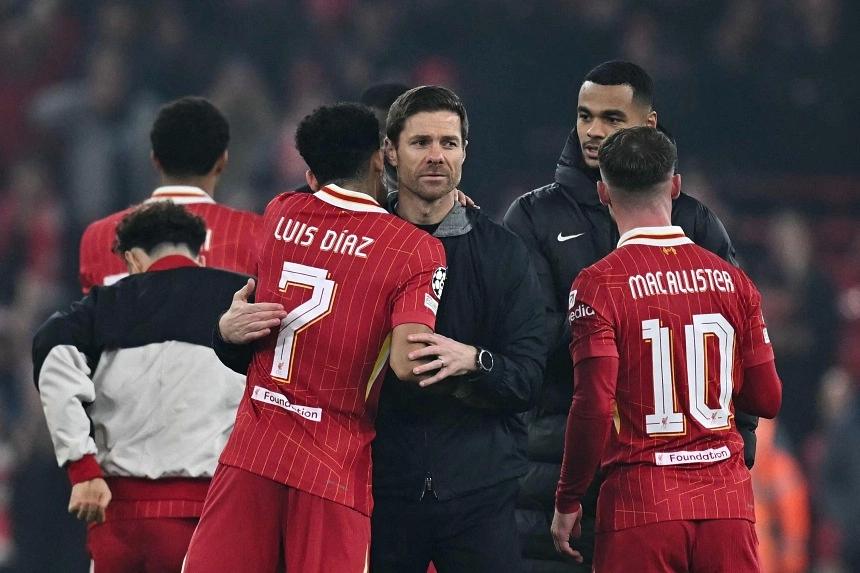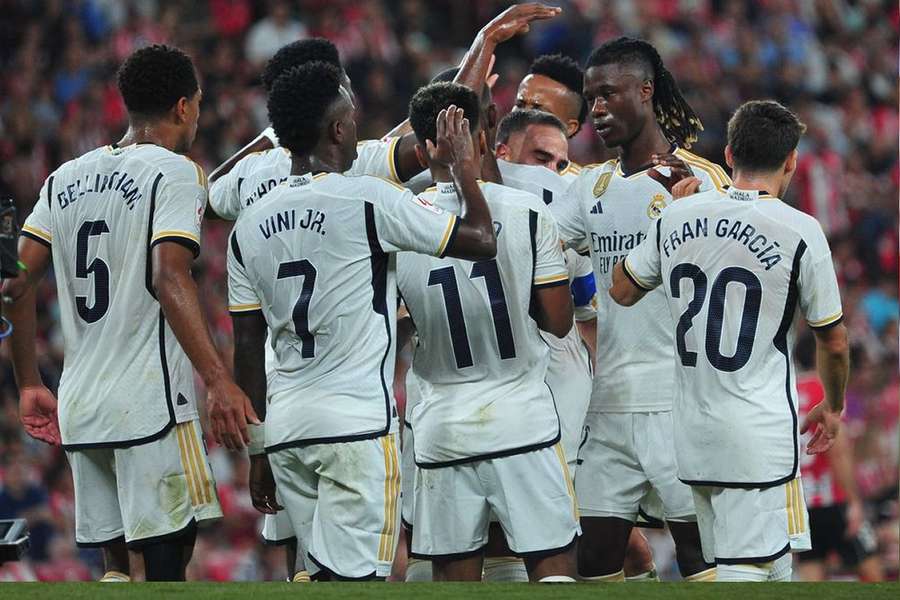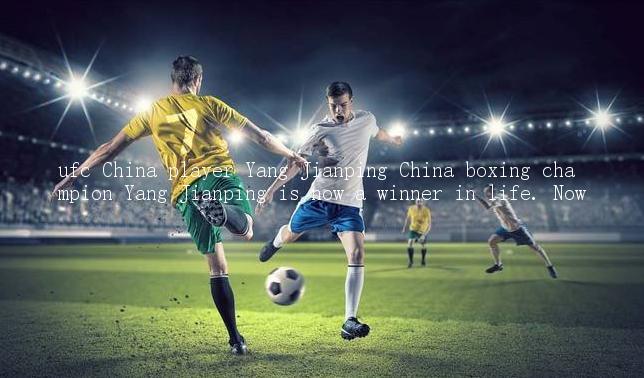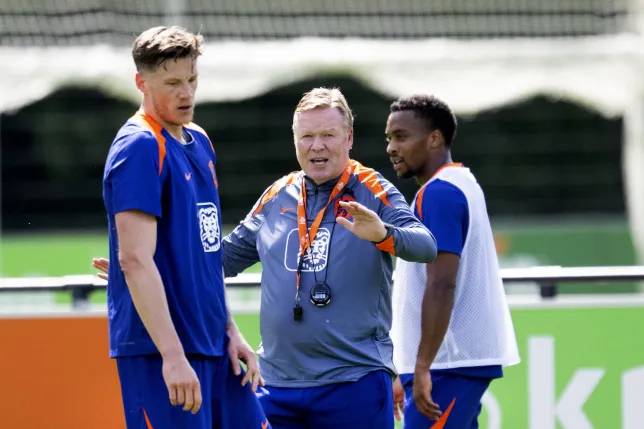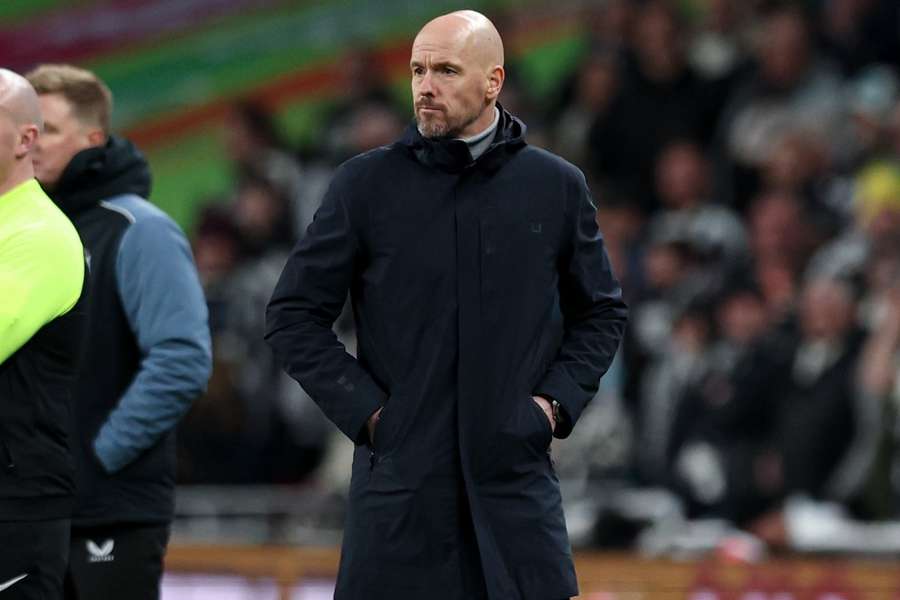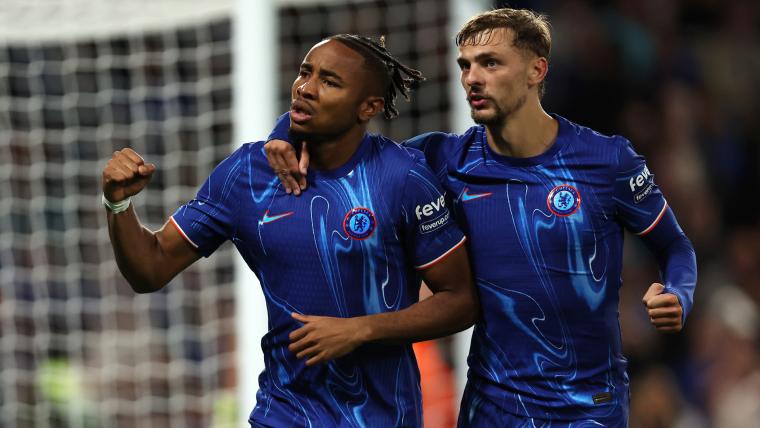Wilson rejects Lakers 'offer to buy out players
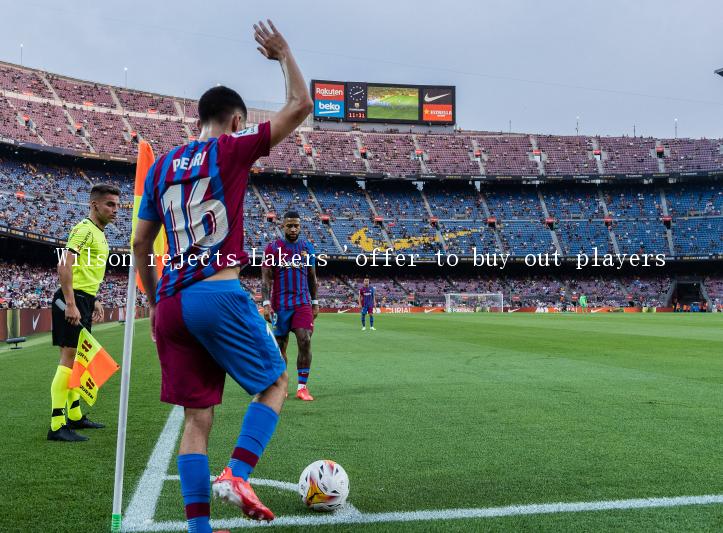
Wei Shao rejected the Lakers 'proposal to buy out players, which attracted widespread attention and discussion. This decision has undoubtedly had a major impact on the relationship between the team and the players, and has also raised questions about Wei Shao's mentality and attitude.
As a professional player, Wei Shao has the right to choose his own future and make decisions on the team's proposals. After all, players have limited performances and careers, and they need to make the choice that is best for them. In this sense, Wei Shao rejected the Lakers 'proposal, also protecting his own interests.
However, Wei Shao's refusal also caused people to question his mentality and attitude. On the one hand, rejecting the Lakers 'offer may mean that Wei Shao is not very optimistic about the team's future development. If the team cannot provide enough training opportunities and competitive environment, it is understandable for players to refuse to buy out. But if it is for personal goals or if it is unwilling to become a substitute for the team, then such refusal is considered irresponsible.
On the other hand, Wei Shao's rejection of the Lakers 'proposal also had a certain impact on the interests of the team. The team may hope to adjust the lineup and optimize team resources through a buyout mechanism, but the players 'rejection frustrated this plan. This will undoubtedly hinder the development of the team and force the team's management to rethink future strategies and plans.
Wei Shao's rejection of the Lakers 'offer was both a manifestation of his exercise of his rights and an impact on the interests of the team. As a professional player, Wei Shao has the right to pursue his own interests, but he also has to consider the interests of the team. A cooperative relationship between teams and players requires joint efforts and compromises from both parties. Only on this basis can the team and players grow together and achieve better results.
RELATED STORIES
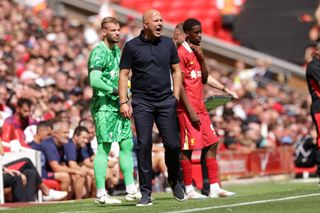
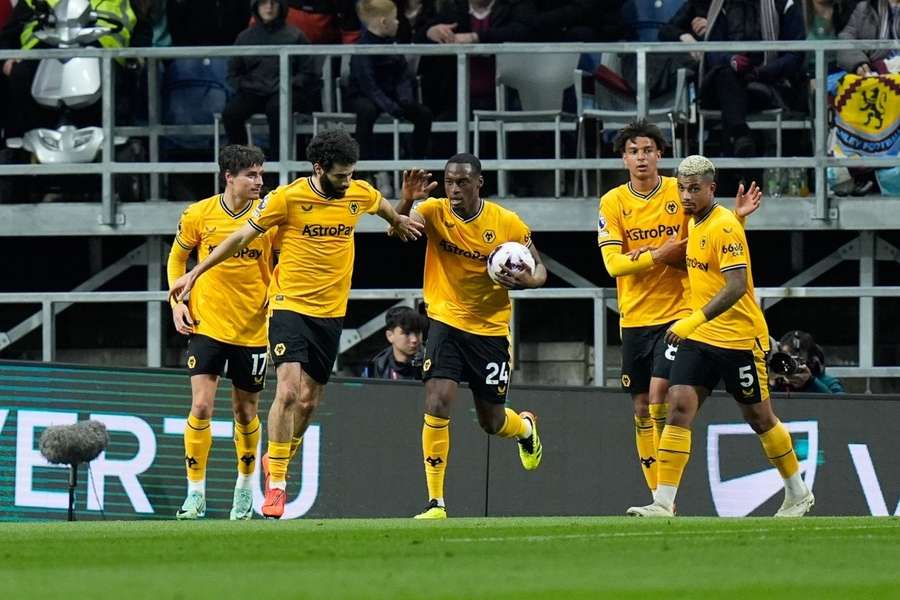
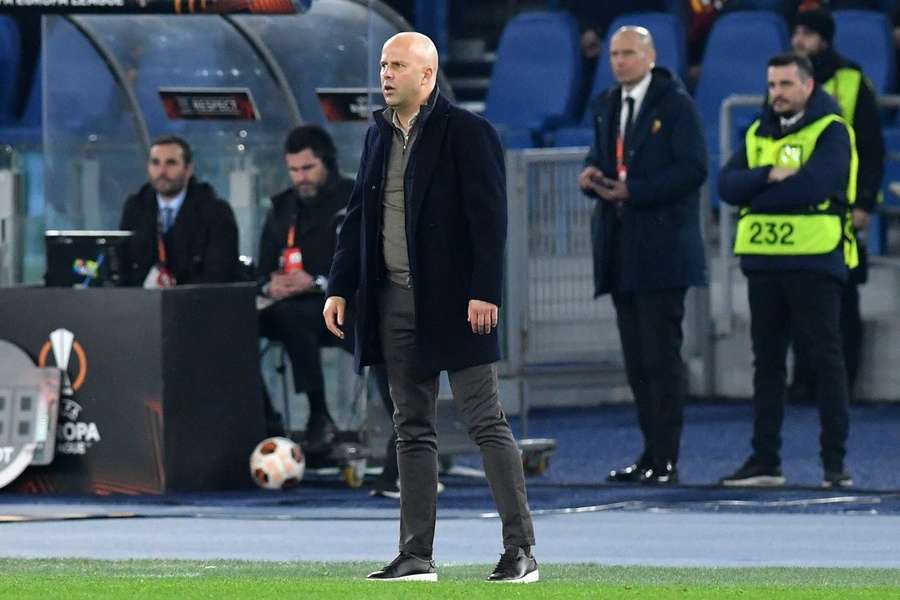
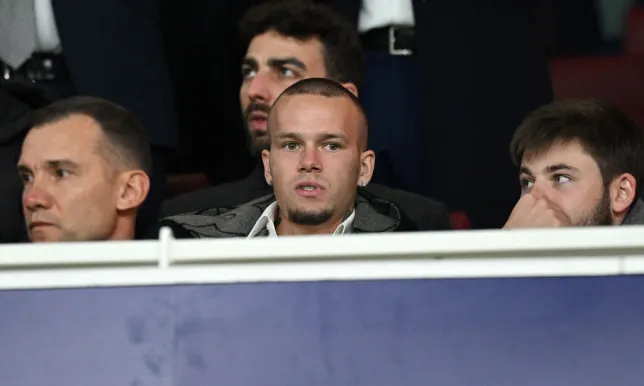
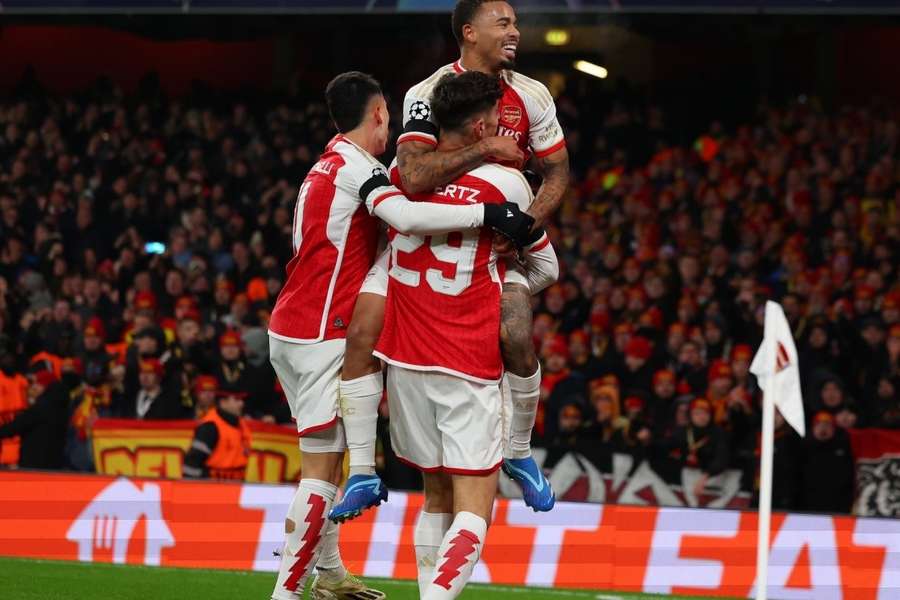
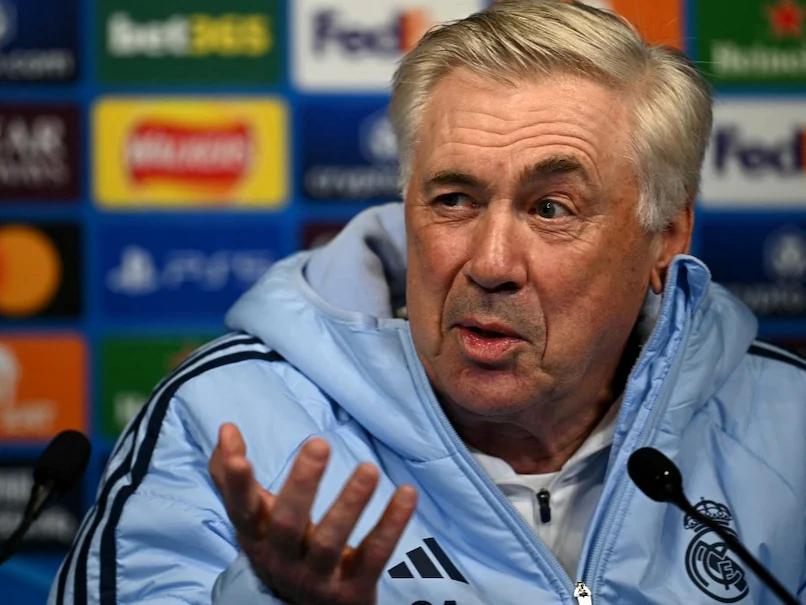
LATEST NEWS
